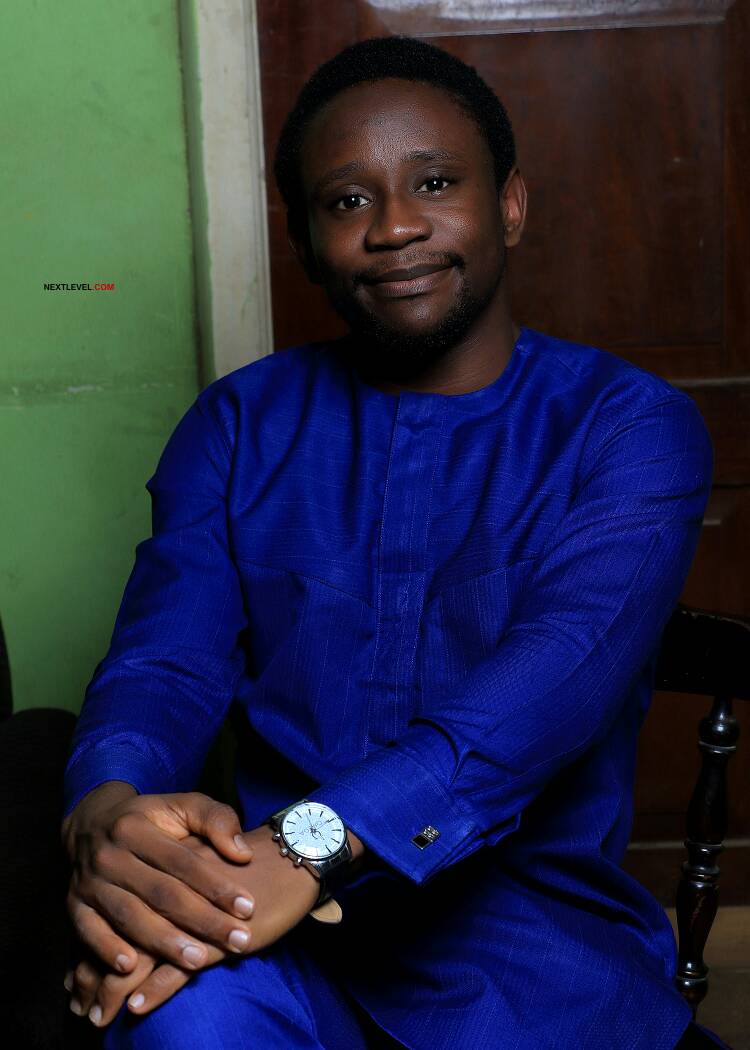
Solution name: Project Lend an Arm
Dr. Imodoye Abioro
Non-communicable Diseases
Social
Proof of concept
Urban
The Project Lend An Arm is a social venture that seeks to use technology and the zest of youth to spread health information that will tackle two perennial health problems in Nigeria – Chronic and persistent insufficiency of blood and blood products that are able to meet emergency healthcare needs and poor outcomes for patients with non-communicable diseases (NCDs). Health misinformation is the root cause of these two major banes; while adversely influencing health outcomes in patients with NCDs, it also hinders voluntary blood donations among members of the general public in Nigeria, making matters worse. For the latter, it is estimated that 34% of pregnant women who die during labour in Nigeria, die from complications of bleeding and lack of safe blood for transfusion. Nigeria has an annual deficit of 350,000 pints of blood but voluntary blood donation, which is the safest means of donation, accounts for only 10% of blood donations in Nigeria. This means that 90% of donated blood in the country is provided through high-risk practises such as remunerated donations.
Dr. Imodoye Abioro is a Medical Doctor who graduated from the University of Ibadan. He is passionate about improving healthcare delivery in Nigeria, firmly believing in bridging the healthcare access gap with appropriate technology. He is the founder of Lend an Arm; a health information awareness campaign and youth-focused blood drive. Project Lend an Arm is an online and mobile based solution that will provide up-to-date, expert-authored, health information to all users, written in local language. It also connects voluntary blood donors to blood banks and hospitals within a community. Both platforms allowing for direct communication between these three critical partners in cases of emergency. The solution will be launched after an intensive health awareness campaign and serial blood drive. The project is currently working to build up an online community of highly motivated voluntary blood donors who will form a stable supply chain of blood products for meeting emergency healthcare needs, also hoping to be the go-to source for patients with NCDs seeking easy-to-understand information about their health condition. For the blood donation, the voluntary donors on the platform are trained and double as educators to help debunk misconceptions about blood donations and transfusions in their communities of origin.
